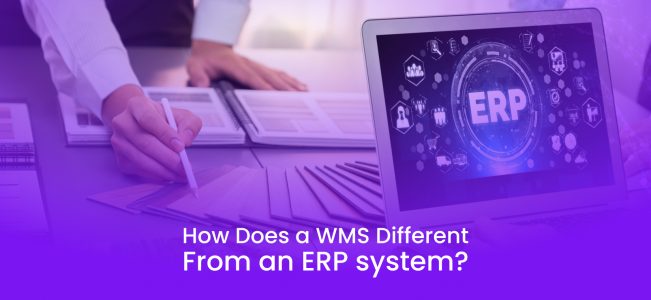What ERP Solution Best Suits Your Business Needs?
Selecting the right Enterprise Resource Planning (ERP) system for your business is important for enhancing efficiency and simplifying operations. However, with diverse ERP deployment options existing including cloud, on-premise, hosted, and hybrid, it could be challenging to define which one is right for your business and precisely meet your business requirements. Acknowledging the advantages and disadvantages of every option will help you decide.
Cloud ERP
Due to its flexibility, scalability, and low initial expenses, cloud ERP is an effective choice for small and medium-sized enterprises. Since the vendor’s servers host the program, enterprises are not required to set up infrastructure. Businesses only have to pay for what they use when using a subscription-based pricing model, and software is continuously up to date by means of automatic upgrades.
Cloud ERP, however, might not be right for companies requiring complete control over data security or software updates. Businesses might be concerned about data privacy and system disruptions from required upgrades as the provider takes care of maintenance and security.
On-Premise ERP
On-premise ERP solutions consist of obtaining and managing all the infrastructure which includes servers, security, and software, internally. This option offers businesses comprehensive control over their ERP system, including software updates and data security.
On-premise ERP is best for businesses having an investment in IT infrastructure and having an in-house IT team. However, it has high upfront costs for hardware, software licenses, and ongoing maintenance. Furthermore, businesses are accountable for updates and troubleshooting, which can be time-taking and expensive.
Hybrid ERP
On-premises and cloud-based solutions are both integrated into hybrid ERP, allowing companies to use cloud-based apps for more flexibility and portability while keeping some on-premise infrastructure. For instance, companies can use cloud apps for several tasks like customer service or human resources while maintaining sensitive data on-site.
A hybrid solution is ideal for companies that need a balance between control and flexibility. However, managing and integrating both systems can be challenging; therefore, careful planning is required to ensure they work as a unit.
Hosted ERP
A hosted ERP solution is similar to cloud ERP, but the software is hosted on a third-party data centre rather than being managed by the vendor. Businesses retain ownership of the ERP software license while paying for hosting services. This solution provides more control over data and software while avoiding the need to maintain internal servers.
Hosted ERP is a good option for businesses that want to avoid managing on-premise infrastructure but still need more control than a fully cloud-based system. It offers flexibility without the high costs of on-premise ERP, but businesses must still consider the costs of hosting services.
Conclusion
The right ERP solution for your business comprises factors such as company size, IT resources, and future growth. Cloud ERP is best for smaller businesses looking for scalability and low upfront costs. On-premise ERP offers more control for companies with established IT teams. Hosted ERP provides a middle ground, while hybrid ERP is ideal for businesses that want both cloud and on-premise benefits. Recognizing your company’s needs and considering the advantages and disadvantages of each option will help you choose the ERP system that best supports your operations and long-term objectives.












